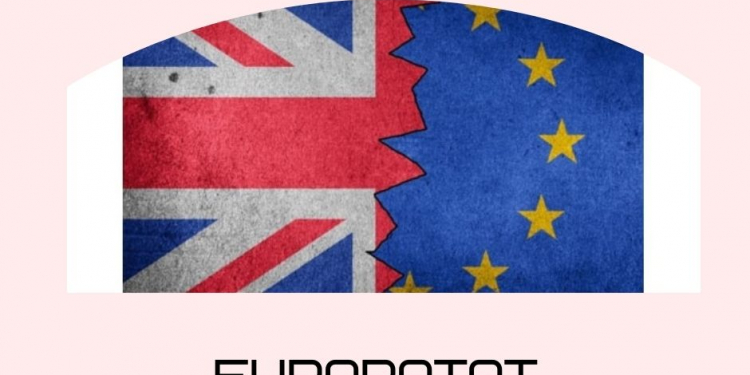EUROPEAN Potato Trade Association, Europatat, is calling on EU and UK policy makers to break the deadlock and reach an agreement on the resumption in the bilateral trade of seed potatoes.
The organisation, which comprises national associations and individual companies involved in the trade of seed, ware and early potatoes throughout Europe, says it’s imperative this is done soon to avoid the possibility of regulatory divergence emerging between the EU and UK markets, further hindering opportunities for “mutually beneficial bilateral trade”.
Europatat used a public hearing called by the European Parliament’s AGRI committee on “the impact of Brexit on European agricultural markets” to highlight the impact of the no-agreement on trade yesterday.
Brexit has been having a significant impact on trade in seed potatoes between the European Union (EU) and Great
Britain (GB) since January 1st 2021, when the EU stopped allowing seed potato imports from the UK as agreement hadn’t been reached on regulations. The UK Government retaliated by introducing a simlar restriction six month later on July 1st.
For many years, EU growers have relied on imports of seed potatoes from the UK. Likewise, many EU seed potato producers had annually exported significant quantities of seed potatoes to GB. The EU supplied GB annually with between 25,000 – 30,000 tonnes, and the same quantity was traded in the opposite direction.
In a recent statement, Europatat said: “Many EU growers prefer to use GB seed potatoes for various reasons, the main one being high grade Scottish seed potatoes, that are classified at basic grade, are frequently used for multiplication as input seed into the EU seed supply chain because of lower levels of diseases and viruses. Scottish seed potatoes were also supplied to major EU seed producing areas for further multiplication to be supplied back to GB as seed for ware production.”
Ireland’s potato industry has relied heavily on importing seed potatoes from GB. It is estimated that each
year GB supplied 10,000-12,000 tonnes of seed potatoes to Ireland (75% to Ireland and 25% to Northern Ireland). Most of the varieties supplied are not in seed multiplication schemes elsewhere in the EU.
As a result, the lack of seed potatoes from GB is especially having an impact on growers in Northern Ireland.







